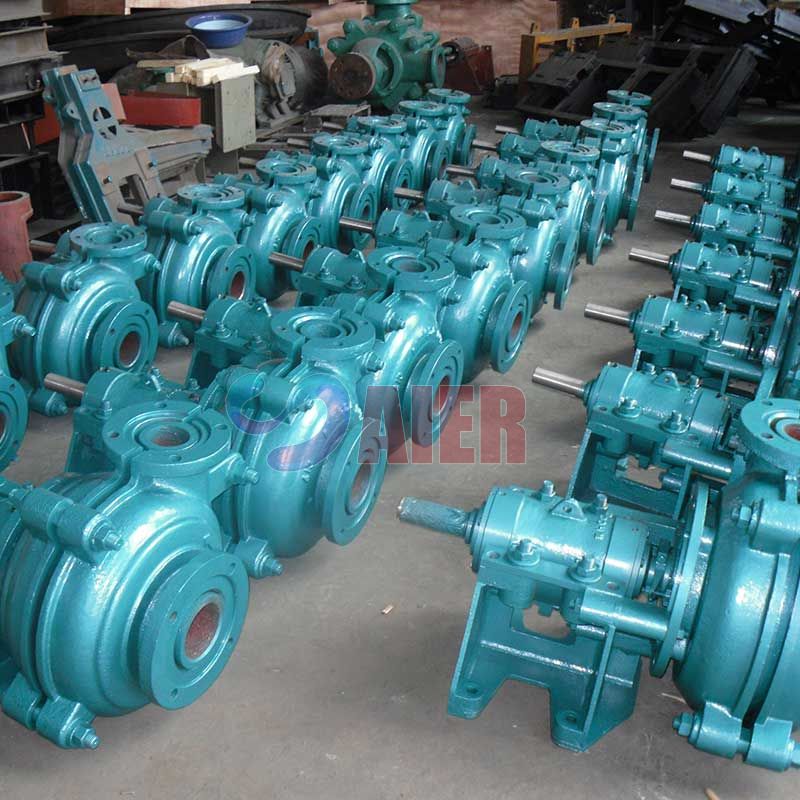Nov . 11, 2024 13:13 Back to list
high quality fgd pump
High-Quality FGD Pumps Essential for Effective Flue Gas Desulfurization
In today’s industrial landscape, environmental protection and sustainability are more critical than ever. One of the major concerns in various sectors, particularly in power generation and heavy industries, is the emission of sulfur dioxide (SO2) from combustion processes. This has led to an increasing demand for effective flue gas desulfurization (FGD) systems. At the heart of these systems are high-quality FGD pumps, which play a crucial role in managing and treating flue gases to minimize environmental impact.
What is Flue Gas Desulfurization?
Flue gas desulfurization is a process used to remove sulfur compounds from exhaust gases emitted by fossil fuel power plants and other industrial facilities. The goal of FGD is to reduce the emission of SO2, which is a significant contributor to acid rain and has harmful effects on both human health and the environment. Various techniques exist for FGD, but most rely on the use of a slurry made from crushed limestone or lime mixed with water. This slurry absorbs SO2 from the flue gases, resulting in the production of gypsum, which can be further processed for use in construction and other industries.
The Role of Pumps in FGD Systems
FGD systems rely heavily on pumps to circulate slurries and manage the flow of fluids throughout the process. High-quality FGD pumps are designed to handle the unique challenges posed by these applications, such as the transport of abrasive and corrosive materials. The reliability, efficiency, and durability of these pumps directly affect the performance of the entire FGD system.
1. Durability and Resistance to Corrosion Given the harsh environment of FGD applications, high-quality pumps are typically constructed from materials resistant to corrosion and wear. This ensures longevity and reduces the need for frequent replacements.
2. Efficiency Energy efficiency is paramount, not only for reducing operational costs but also for minimizing environmental impact. High-quality FGD pumps are engineered to operate at optimal efficiency, helping to lower energy consumption while maintaining effective SO2 removal.
3. Reliability and Maintenance In industrial applications, downtime can be costly. High-quality pumps are designed for reliability, with advanced features that reduce the risk of failures. Additionally, they are often equipped with sensors and monitoring systems that facilitate predictive maintenance, further enhancing their dependability.
high quality fgd pump

4. Versatility FGD pumps must handle varying flow rates and densities of the slurry. High-quality pumps are versatile enough to adapt to different process conditions, ensuring consistent performance across a range of operating scenarios.
Key Features of High-Quality FGD Pumps
When selecting FGD pumps, several key features should be considered to ensure optimal performance
- Material Selection Pumps should be made from materials like stainless steel, high-chrome alloys, or special epoxy coatings to endure the corrosive nature of flue gas slurries.
- Seal Technology High-quality seals are crucial to prevent leaks and ensure the integrity of the pump system. Mechanical seals or magnetic drive systems are often preferred for their reliability.
- Advanced Hydraulic Design An efficient hydraulic design helps reduce wear and tear on the pump components while maximizing flow efficiency. Features like adjustable impellers can enhance the flexibility needed for varying operational conditions.
- Monitoring Systems Integrating smart technology such as IoT sensors allows for real-time monitoring of pump performance, enabling operators to make informed decisions about maintenance and operation.
Conclusion
As industries continue to confront the challenges of environmental compliance and sustainability, the role of high-quality FGD pumps becomes increasingly significant. By investing in durable, efficient, and reliable pumping systems, organizations not only meet regulatory requirements but also contribute to the broader goal of reducing environmental impact. In a world where every drop counts, high-quality FGD pumps emerge as unsung heroes in the fight against air pollution, helping to safeguard our planet for future generations. The development and implementation of advanced pumping technologies will undoubtedly play a foundational role in achieving cleaner air standards and promoting sustainable industrial practices.
-
High Quality Slurry Pump Seals Reliable China Suppliers & Manufacturers
NewsJun.24,2025
-
High Quality Portable Submersible Slurry Pump Supplier & Manufacturer from China
NewsJun.10,2025
-
Slurry Pump Parts Manufacturer – High Quality Rubber Spare Parts from China
NewsJun.10,2025
-
High Quality 1/3 HP Submersible Sump Pump with Vertical - Reliable Supplier & Factory Price
NewsJun.10,2025
-
High-Efficiency Centrifugal Slurry Pumps India
NewsJun.10,2025
-
High Quality Warman Centrifugal Slurry Pump Suppliers & Factory
NewsJun.10,2025
